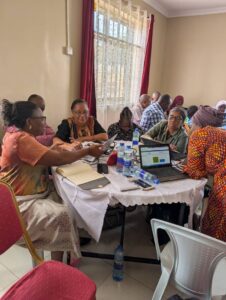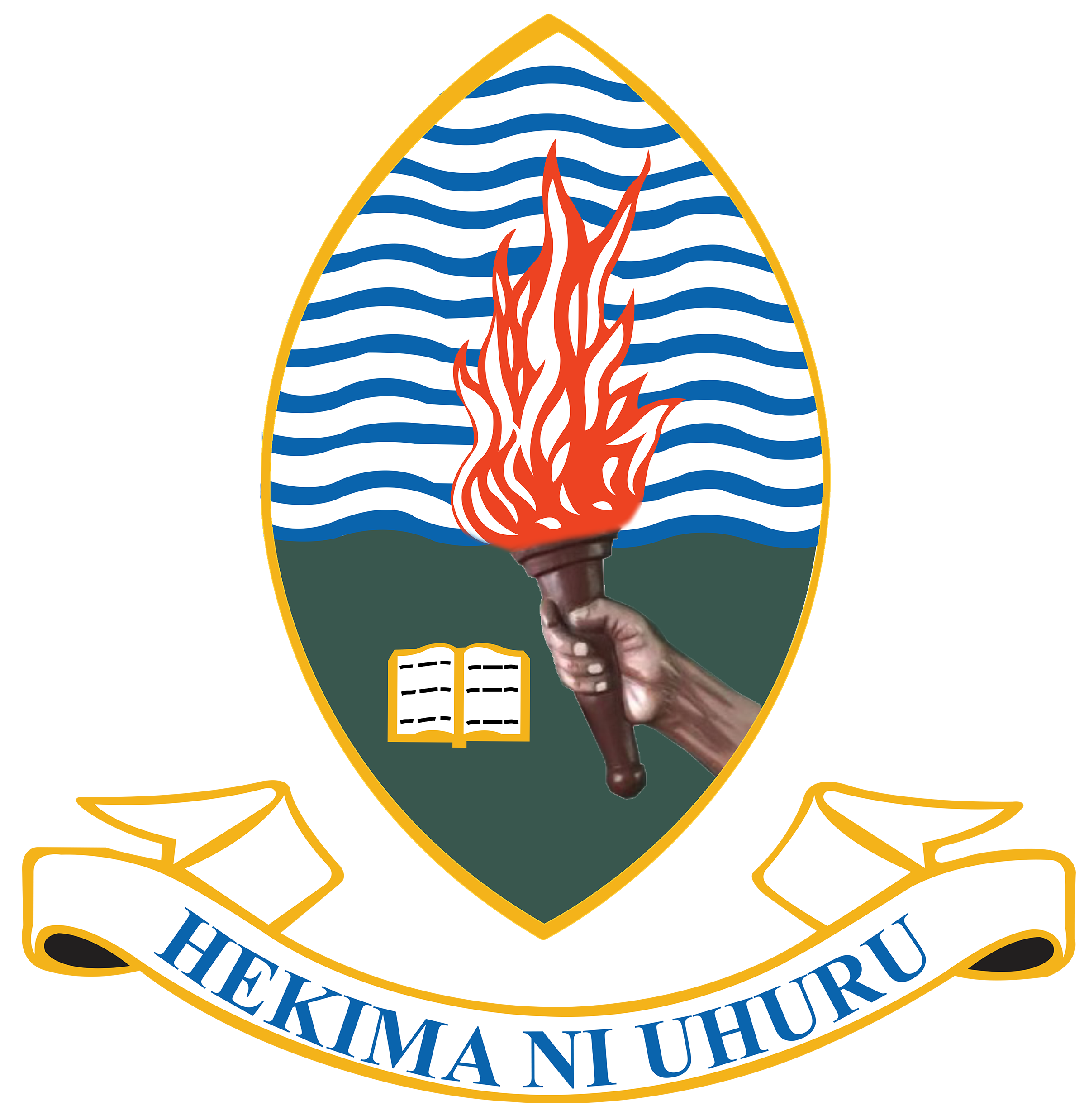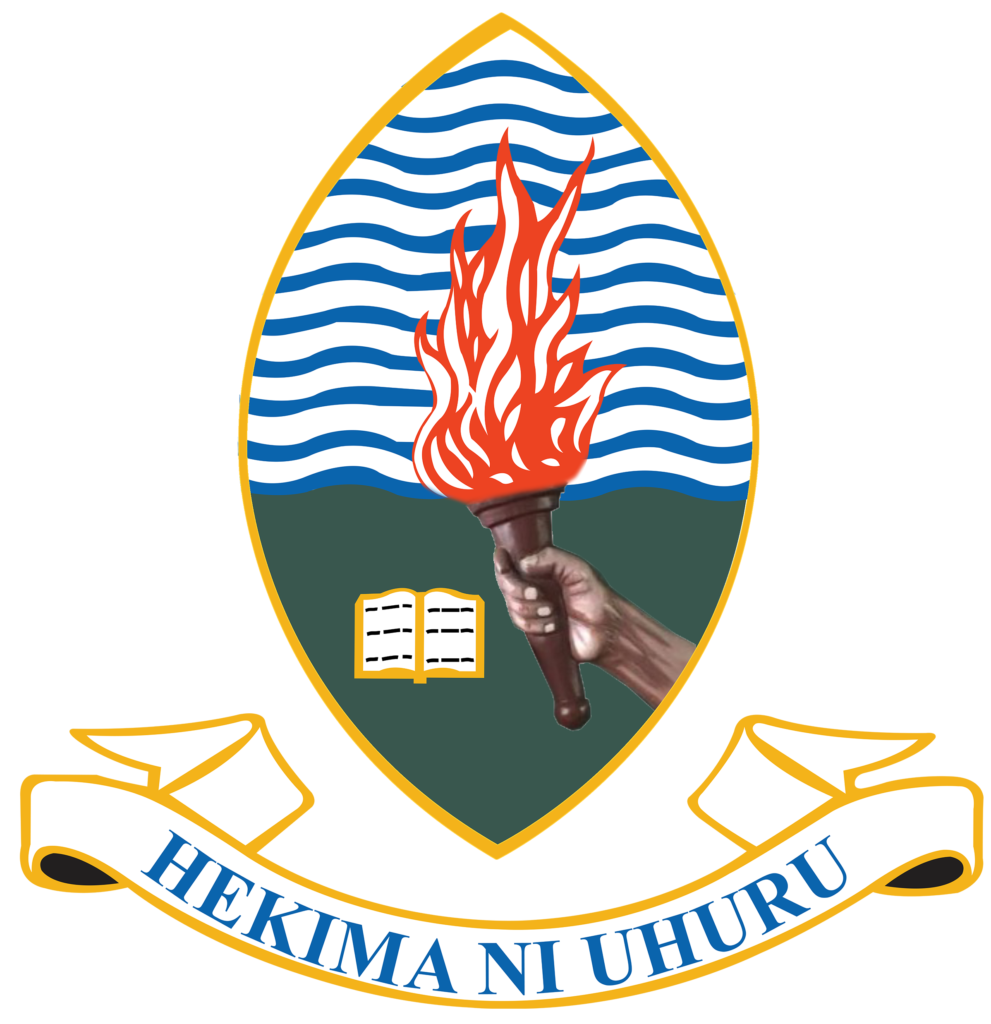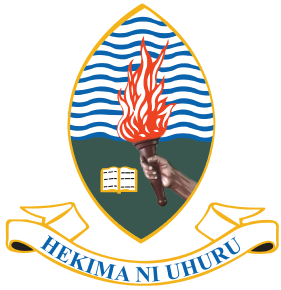From February 24th to March 1st, 2025, the DHIS2 team from the University of Dar es Salaam (UDSM) played a pivotal role in a comprehensive training session held at Lulanzi Hospital, Kibaha MC, aimed at enhancing the skills of health information personnel in the Pwani region. This initiative reinforced the use of DHIS2 for Health Management Information Systems (HMIS), ensuring improved data collection, reporting, and decision-making across health facilities.
The DHIS2 Team’s Role in Transforming Health Data Management
The UDSM DHIS2 team provided expert guidance on data quality assessment, system integration, and advanced analytics, ensuring that participants gained hands-on experience with the latest updates in the DHIS2 HMIS platform. The training focused on key areas, including:
✅ Integration of Updated HMIS Tools – The team facilitated the review of newly updated HMIS registers, tally sheets, and summary forms, ensuring seamless transition from the 2018 version to the latest standards. Participants engaged in a comparative analysis, documenting changes and understanding their impact on data collection and reporting.
✅ Data Entry & Validation in DHIS2 – Through step-by-step demonstrations, the DHIS2 team provided insights on efficient data entry, validation, and correction of inconsistencies within the DHIS2 platform. Participants learned how to identify outliers, missing values, and reporting gaps, enabling them to improve the accuracy of health data at their respective facilities.
✅ Advanced Data Cleaning & Quality Assurance – In an interactive data cleaning exercise, participants used the DHIS2 Data Quality Tool and the WHO-DQA Tool to analyze health data reports. The UDSM DHIS2 team guided participants in detecting data discrepancies, refining records, and enhancing the overall credibility of health reports.
✅ Mortality Data Analysis with ANACoD3 – A key highlight of the training was the hands-on mortality data analysis session, where participants used ANACoD3 software to process cause-of-death statistics. Participants were able to generate automated mortality reports, identify trends, and improve death registration accuracy.
Ensuring Long-Term Impact in Health Data Management
The training was not just about acquiring knowledge—it was about building sustainable capacity for health data management in the Pwani region. By the end of the session:
📌 Health data managers and HMIS focal persons enhanced their ability to manage and analyze health data using DHIS2, improving data-driven decision-making.
📌 Participants developed data validation strategies to ensure high-quality reporting at all levels.
📌 The UDSM DHIS2 team empowered participants with the skills to integrate, analyze, and visualize health data, ensuring evidence-based planning and policy formulation.

This collaboration between the UDSM DHIS2 team, Regional and Council Health Officers, and healthcare providers is a significant step towards strengthening Tanzania’s health information system and ensuring accurate, reliable, and timely health data to support national and international health goals.
🚀This ongoing initiative reflects UDSM DHIS2 Lab’s never ending commitment to advancing DHIS2 and data use capacity and development of innovative digital health solutions for better service delivery and health management!


